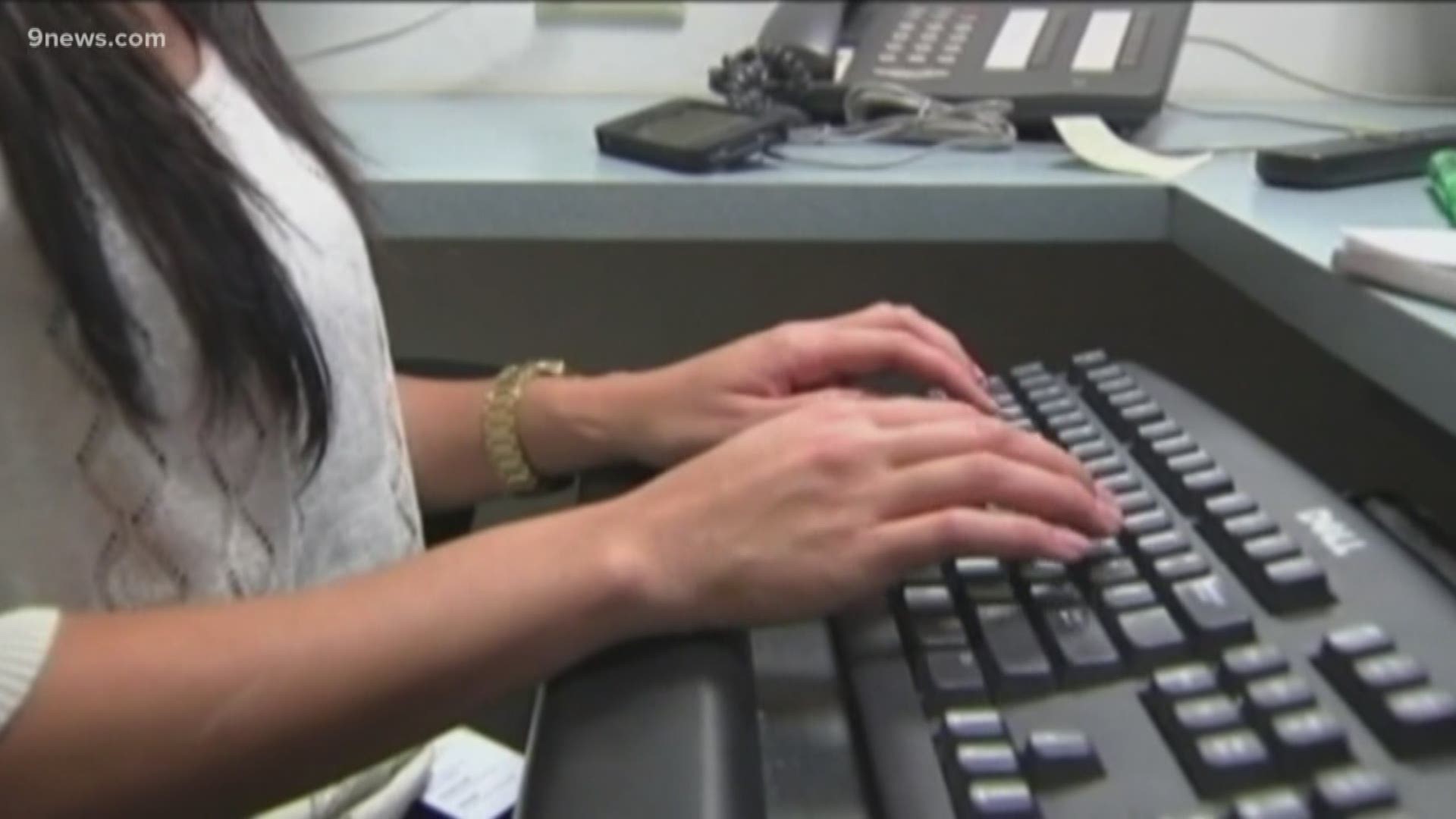DENVER — A new study led by the Harvard School of Public Health is highlighting a new crisis, a potential shortage of 90,000 physicians within the next 6 years due to burnout.
Physician burnout is defined as having at least one of the following symptoms: emotional exhaustion, feeling detached from work, and not feeling like you are personally making a difference. What is fact or fiction when it comes to burnout? Let’s start first with the physician burnout study.
Physician burnout will not impact patients. FICTION
According to a study from 2018, 78 percent of physicians say they are feeling burned out. This may impact the way in which your doctor is able to care for you with high quality, evidence-based care.
It ultimately can affect patient outcomes too. Doctors are increasingly spending more time documenting in the electronic health record, trying to see more patients with less time, and trying to keep up with quality metrics and expectations. This can affect how patients and doctors interact, as well as potentially patient outcomes. I know with the increase in patients seeking care in the Emergency Department, I sometimes feel like I cannot spend as much time talking with my patients as I would like. All these factors are contributing to doctors feeling burned out and even considering leaving the profession all together. Ask your own doctor how she is feeling. It makes a huge impact to be able to connect personally with our patients.
Burnout is unique to physicians. FICTION
These feelings of burnout can happen to anyone. Do you feel like your days are very long, your work doesn’t matter, you lack support at work or home, or despite your best efforts, you still cannot seem to make anyone happy? These feelings can affect anyone and everyone.
It is important to recognize how and when these feelings may creep up, both as an employee and as an employer. You also want to determine how much of this is the normal stressors of a job versus true burnout.
There are great ways available to fight off burnout. FACT
Recognition is key. Understanding how and why you are feeling this way is very important.
Tips to help fight burnout include making sure you are enjoying what you do and finding purpose in the work. Having personal job satisfaction, feeling like you are in control and have some ability to make independent decisions, and feeling challenged are also very important ways to help fight burnout.
Bringing up these discussions with colleagues and your supervisors, in the right setting, can help to shed some light on the situation. Others may feel similarly. Working collaboratively toward a solution can be a very important way to take back control and allows you to feel empowered.
There comes a time when you should just find something else to do. FACT
Ask yourself the following questions:
- Are there ways in which you could move internally in your job and find more satisfaction in what you are doing?
- Is the organization’s culture and dynamics contributing to burnout?
- Are your supervisors open to discussions and/or ways to decrease burnout?
- Can you find ways to alleviate stress and burnout throughout the work day and at home?
- Is the work you are doing personally satisfying?
If the answer to these questions is no, you may be burned out. It might be time to consider other options which may be a better fit for what you want to accomplish both personally and at work.
Follow 9NEWS Medical Expert Dr. Comilla Sasson on Facebook and Twitter. Have a medical question or health topic idea? Email Dr. Comilla at c.sasson@9news.com


